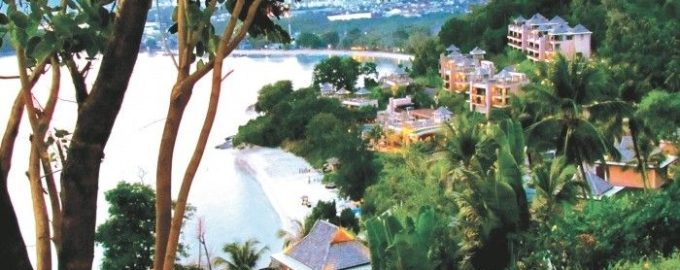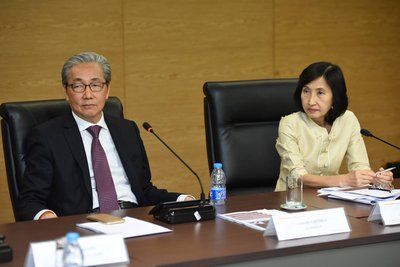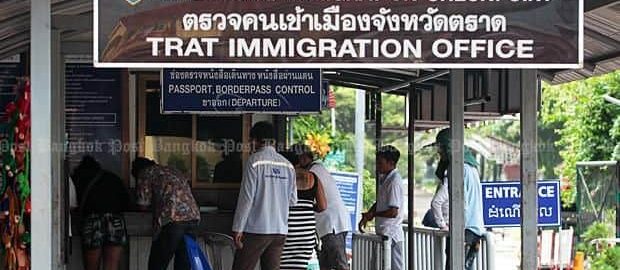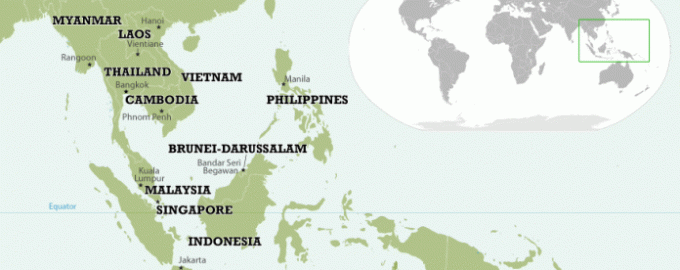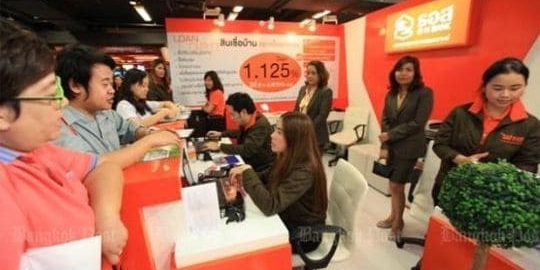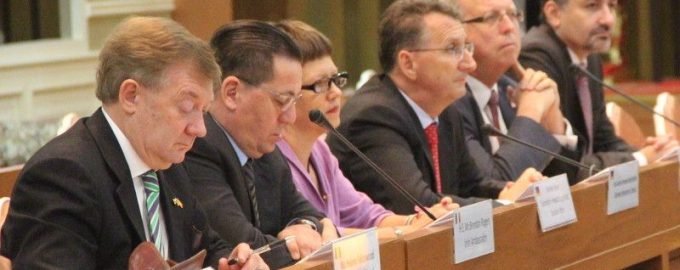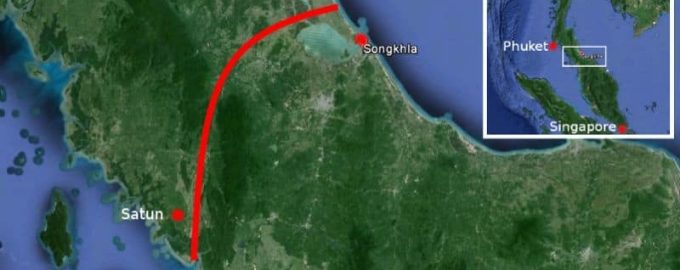With the island’s real estate market staying strong, some owners could be thinking of selling their property. If so, here are some tips for making this move.
Establishing a Price
Consider what you paid for the property, how long you have lived there, what similar properties have sold for, any improvements added, present condition of the property, ask the agent about the current property climate and arm yourself with the facts.
Signage
Allowing the agent to erect a sign is very important as their brand name and reputation may draw in passers by as they understand the professional nature of the company which can assist with the buying process while also representing their interests.
Qualifying the buyer
A major part of the agent’s job is to ensure that you have a genuine buyer, that he or she is serious and that they actually have the funds available. Many times private sales end in disaster and wasted effort due to misunderstandings between the parties and lack of knowledge of the buying process.
Price Parity
If you are not listing exclusively with one agent, then ensuring that other agents offer the same price is important.
Negotiating
The key to remember is to not get wrapped up in any games. If you keep your goals in focus at all times, you will be better able to respond to offers. You will have three choices when an offer comes in. You can accept the offer, reject the offer or make a counter offer. In the end it is what the buyer is willing to pay that counts.
Sharing costs
In Thailand, it is customary for the seller and buyer to share the transfer costs 50/50, but this is up to you to negotiate. Sellers must understand the costs associated with selling their property and incorporate them into the selling price. Trying to renegotiate who pays what fees after a selling price has been agreed with a buyer will almost certainly lose the sale.
Buyer payment
Let your agent know at the beginning where and how you wish to be paid, as many buyers wish to make payment offshore or outside Thailand and they need to know up front to avoid unnecessary bank and interest charges. Regardless, a percentage of the purchase price must be paid in Thailand to cover transfer and tax fees but the amount depends on negotiation with the seller.
Title Deed
Ensure that there are no complications and that the property is free to be sold with no encumbrances and that the seller is the name on the back of the title deed (or company). If the property was set up through a Thai company, then the company must be ‘clean’ and cannot have been used for other business.
Sellers must ensure that they have all necessary original documentation for their property to complete a sale. A seller should be prepared to provide a buyer with copies of all property documents as soon as a sales price has been agreed so the buyer can complete due diligence on the property. If documentation cannot be provided in time, or is missing, this will delay the sale and could lose the sale altogether.
Incentives
To set your property aside from others, it is a good idea to offer some enticement such as advance rental bookings, thereby effectively giving the buyer a reduction in sales prices; free furniture; maid for a period; and so on.
Reservation deposit
When the buyer makes an offer acceptable to the seller, usually a non-refundable deposit is taken until such time as contracts are exchanged. This is a minimum 150,000 baht or 1 per cent of the selling price, whichever is greater. The reservation agreement allows the buyer 21 to 45 days to review and agree to the contracts. If a deal cannot be reached in that time, the reservation can be extended by mutual agreement.
From offer to close
It is normal once a reservation deposit has been secured for the process to take one to two months or more to the final payment. The buyer first needs a lawyer to do due diligence and for the seller to provide a ‘sale and purchase contract’ which has to be reviewed and agreed by the buyer’s lawyer and any changes made and agreed between the parties.
Once this is completed and contracts are signed, a visit to the land office to exchange title deed and buyer’s final payment is the final stage. In some instances, you may need to first give the land office a 30-day notice period prior to transferring ownership.
